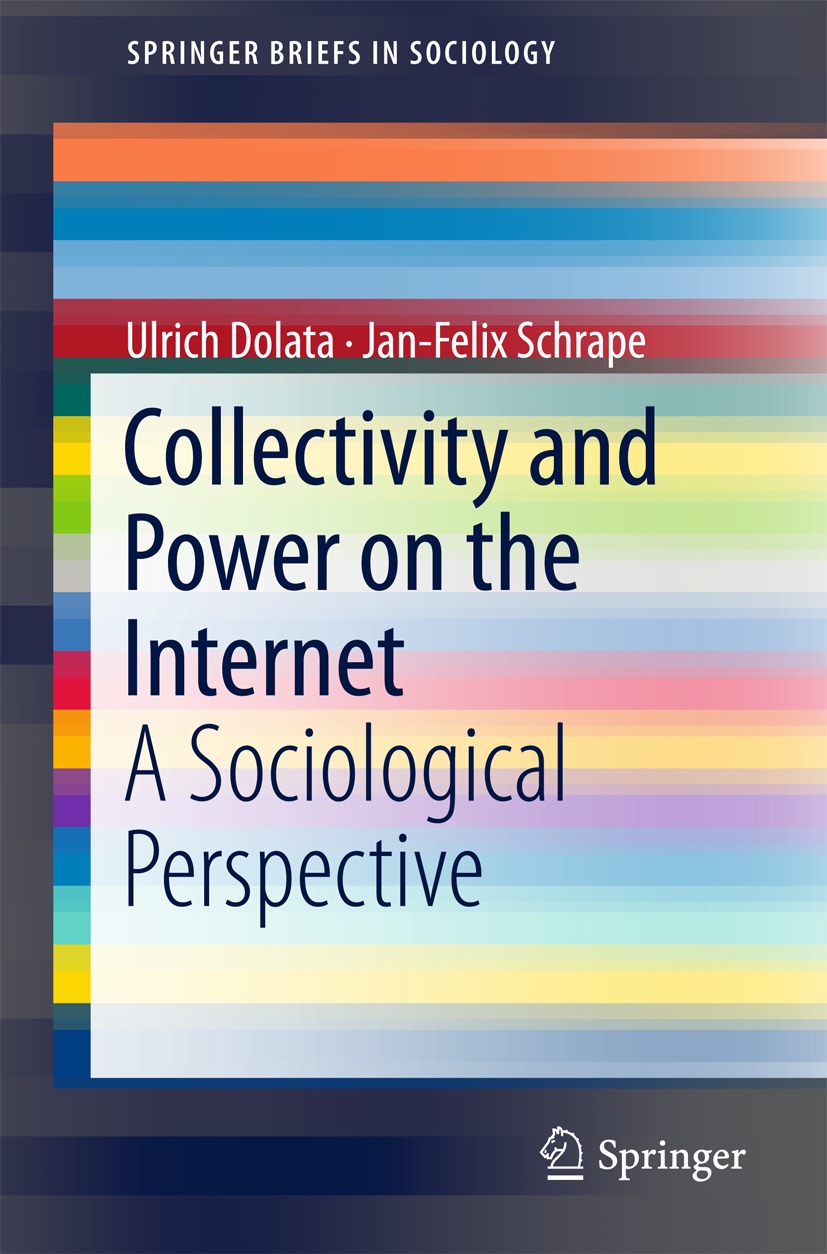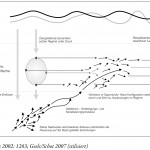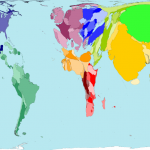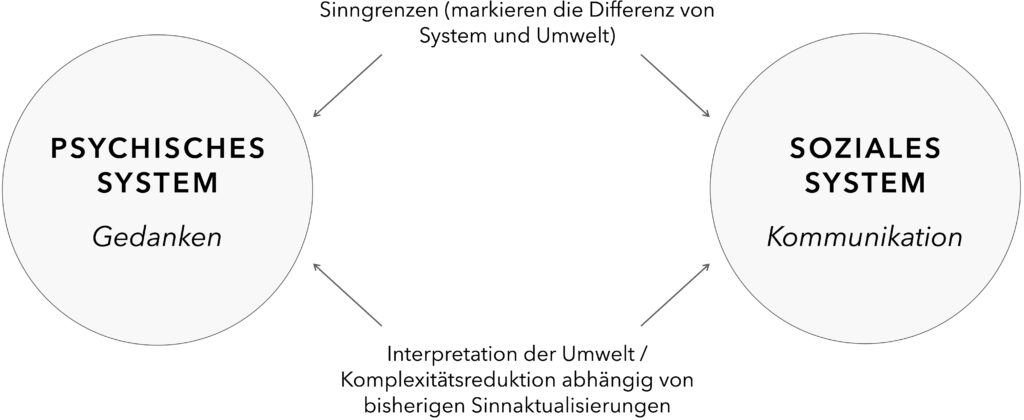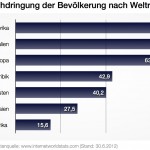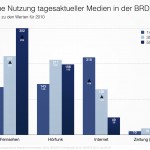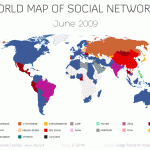Splitter: Collectivity and Power on the Internet
11. April 2018Im April 2018 ist der Band »Collectivity and Power on the Internet. A Sociological Perspective« von Ulrich Dolata und mir bei Springer erschienen (Springerlink). Er versammelt unsere Arbeiten zu kollektiven Formationen im Online-Kontext in überarbeiteter und aktualisierter Form. Klappentext:
This book provides a comprehensive overview of the manifestations and interrelations of collectivity and power on the internet from a sociological point of view. It addresses questions on how different forms of internet-based collectivities […] could be understood and differentiated from one another. It presents analyses on the role technical infrastructures of the web play for their formation, how the mobilization and organization of social movements and social protests has changed through social media, how work and decision-making processes are organized in open source communities and why the essential segments of the commercial internet are today concentrated in the hands of a few corporations who dispose over significant economic, infrastructural and rule-setting power.
